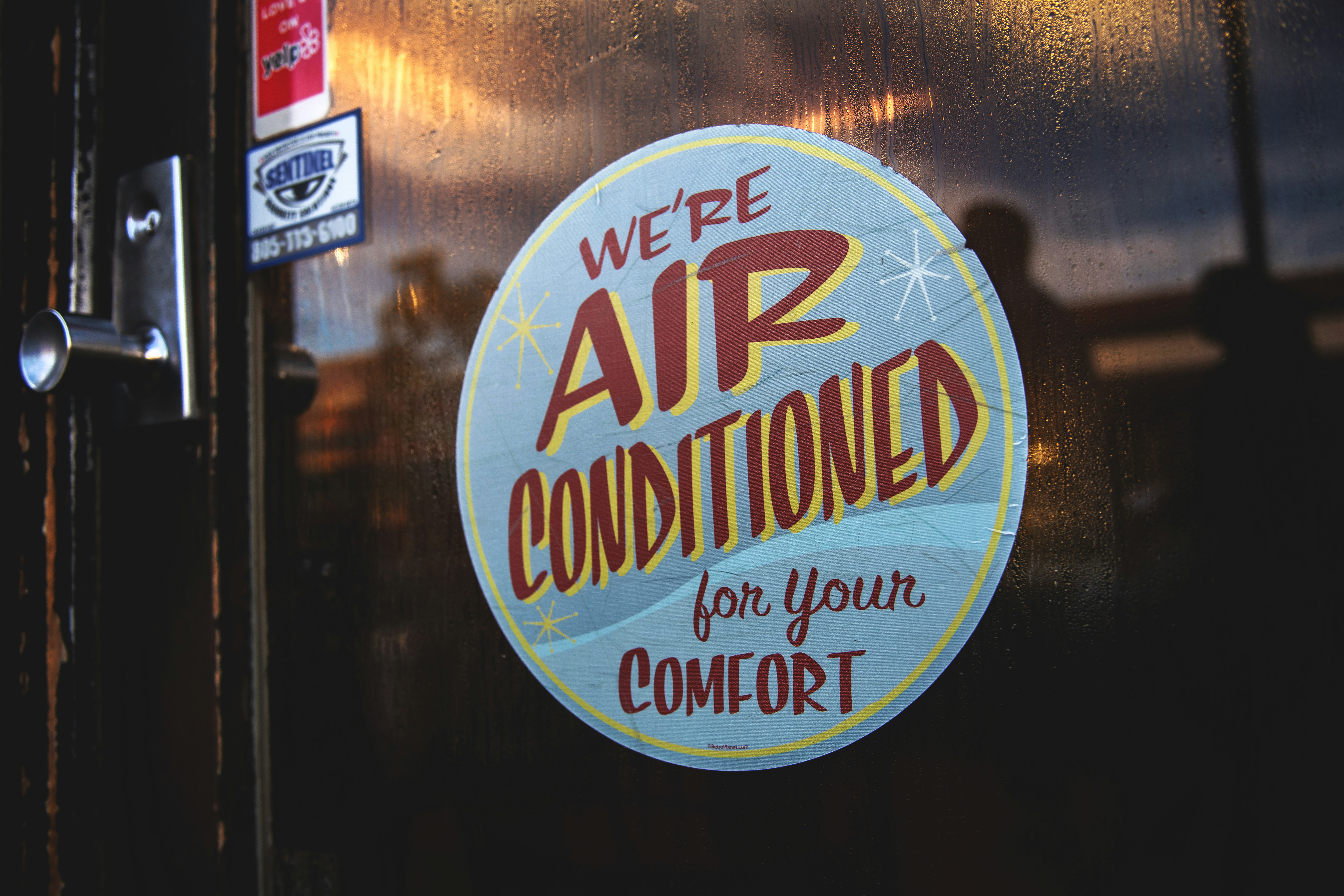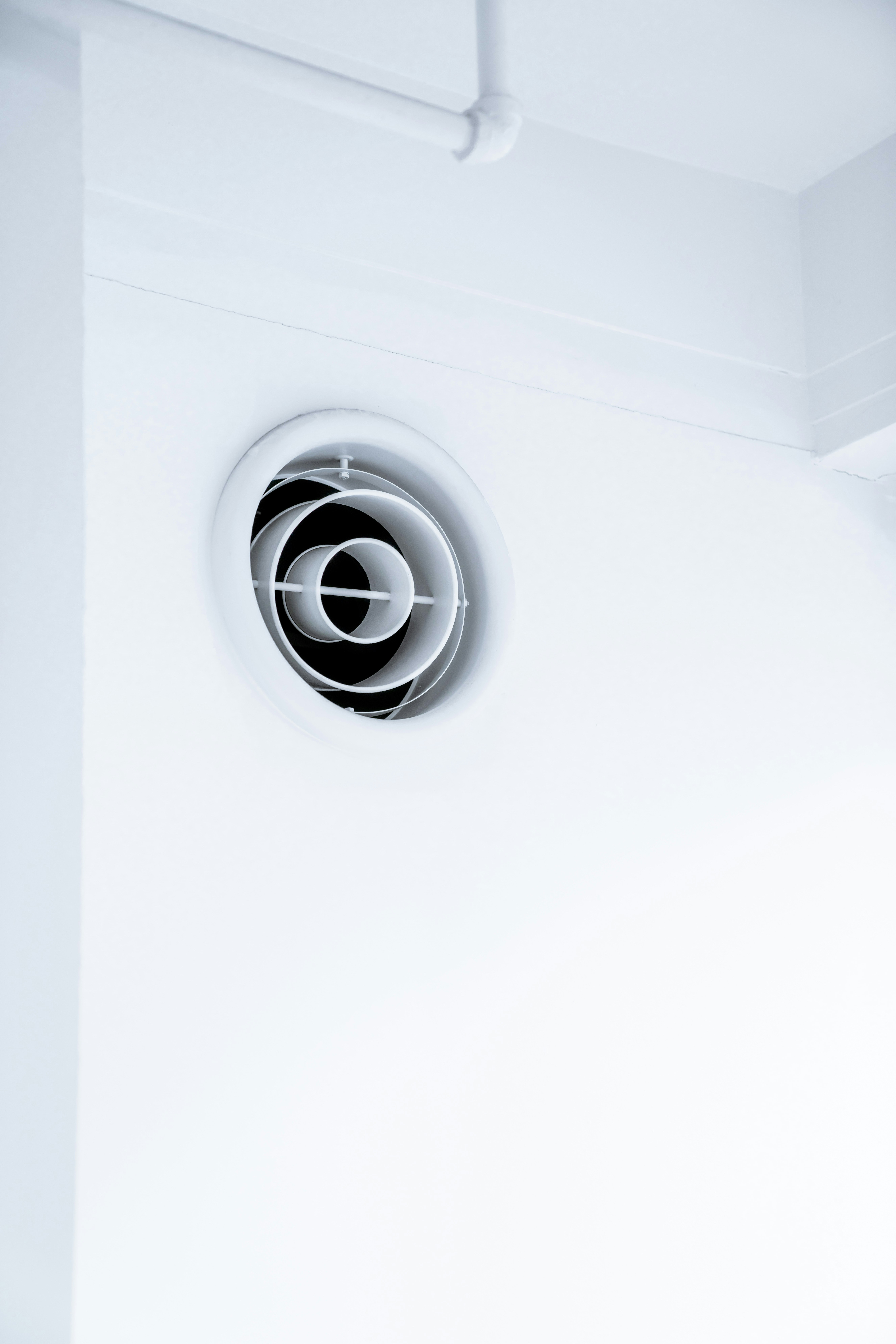Deciding on the ideal heating solution for your home can evoke a mix of excitement and uncertainty; it’s crucial to find a perfect fit that aligns with your lifestyle and space. The question of whether to embrace the consistent comfort of ducted heat pumps or opt for the targeted control of high wall units is more than a matter of temperature—it’s about shaping your home’s climate to suit your everyday. Each system brings a unique set of benefits, from the aesthetic sleekness of a ducted system to the cost-effective and flexible nature of a high wall heat pump. With professional insight from FAS Energy, your journey to achieving that just-right warmth or coolness becomes a clear path, ensuring you make an informed choice that invites optimal comfort into your living space all year round.

Understanding Heat Pumps
Definition and Functionality of Heat Pumps
A heat pump is a versatile device you might consider for your home’s temperature control. Essentially, it transfers heat from one place to another, using refrigeration technology similar to that found in your fridge. During colder months, a heat pump moves heat from the outside into your home, and when it’s warmer, it does the reverse, acting much like an air conditioner and keeping your living space cool and comfortable.
Types of Heat Pumps Available
You have several types of heat pumps to choose from, each suited to different scenarios. The most common include air-source heat pumps, which transfer heat between your house and the outside air, and geothermal heat pumps, which utilize the stable temperatures underground. Within these categories, you can also find ducted and high wall (also known as ductless) systems.
Principles of Operation for Ducted and High Wall Units
Both ducted and high wall units operate based on the same basic principles of heat exchange. The main difference lies in the distribution of conditioned air. Ducted units push air through a network of ducts and vents to provide even temperature control throughout the house. Whereas high wall units, installed at a high point on the wall, typically condition the air in one open space or room.
Assessing Your Needs
Determining Your Heating and Cooling Requirements
To find the ideal heat pump, start by evaluating your heating and cooling demands. Consider the climate you live in and how often you’ll need to heat or cool your house throughout the year. Think about the comfort levels you desire and any specific temperature preferences you may have.
Analyzing the Layout and Size of Your Home
The configuration and size of your home significantly affect your choice of heat pump. A sprawling home with multiple rooms might benefit from a ducted system, while a compact space or single room could be adequately served by a high wall unit.
Considering Energy Efficiency and Carbon Footprint
In today’s world, energy efficiency isn’t just about reducing your monthly bills – it’s also about lowering your carbon footprint. Heat pumps are typically more energy-efficient than traditional heating and cooling systems, but you still need to choose the right model and type to maximize these benefits.

Ducted Heat Pumps Explained
How Ducted Heat Pumps Work
Ducted heat pumps are intriguing in their operation. They circulate air through ductwork hidden in ceilings, floors, or walls, which allows them to heat or cool your entire home consistently. This integration into your home’s structure is what distinguishes them from other heat pump options.
Pros and Cons of Ducted Systems
Ducted systems have the advantage of being nearly invisible and capable of maintaining consistent temperatures across all areas. On the downside, their installation can be more invasive and expensive, considering the ductwork required.
Best Use Cases for Ducted Heat Pumps
If you desire whole-home comfort and a system that’s out of sight, ducted heat pumps are a prime choice, especially for larger homes where you want to maintain a consistent climate throughout.
High Wall Heat Pumps Explained
Installation and Operation of High Wall Units
High wall units are a straightforward solution when it comes to installation – they just need a wall and access to electricity. Since they’re typically designed to heat or cool a single space, operation is simple, with controls often accessible via remote or even a smartphone app.
Advantages and Disadvantages of High Wall Systems
The primary advantage of high wall systems is their flexibility and lower installation cost, making them suitable for smaller homes or single rooms. However, they’re visible within the space and may not blend as seamlessly into your home decor as ducted systems.
Optimal Scenarios for High Wall Heat Pumps
These heat pumps are excellent if you’re looking to target a specific area for heating or cooling, like a new addition to your home, a single room with specific temperature needs, or if you’re looking for a solution on a tighter budget.

Cost Comparisons
Initial Installation Costs
When it comes to initial outlay, high wall units typically take the lead in affordability. Their installation is less intrusive and doesn’t require ductwork, making them a more budget-friendly option upfront when compared to ducted systems.
Long-Term Operating Costs
However, you need to consider the bigger picture. While high wall units might be cheaper initially, ducted systems may prove to be more cost-effective in the long run, especially if you’re heating or cooling large areas or multiple rooms frequently.
Cost-Benefit Analysis Over Time
Think of it as an investment; a ducted system could offer greater long-term benefits and savings, especially when considering energy efficiency and the longevity of the system, as long as it’s properly maintained.
Aesthetic Implications
Visual Impact in Your Home
Your home’s aesthetic plays an important role in your quality of life. High wall units, being more conspicuous, could dictate certain décor decisions. Conversely, ducted systems remain out of sight, allowing more freedom in your interior design choices.
Design Considerations for Both Heat Pump Types
When planning for either system, consider the design of your space. If you’re leaning towards a high wall unit, think about how it will fit into your room’s layout. Ducted systems require planning around the ductwork, which may affect ceiling or closet space.
How to Blend Heat Pumps into Home Decor
Your creativity can come into play here. High wall units could be integrated as a feature within a modern aesthetic, or you could find ways to conceal or divert attention from them. Ducted systems, typically hidden away, won’t interfere with your home’s look at all.
Noise Levels and Acoustics
Noise Generation of Ducted vs High Wall
Peace and tranquility in your home can be affected by the noise level of your heat pump. Ducted systems often produce less noise since the bulk of their machinery is tucked away in less frequented spaces like the attic or basement. High wall units are quieter than their predecessors, but since they’re located within living spaces, the noise is more noticeable.
Soundproofing and Living Comfort
Soundproofing can help, especially when installing high wall units. Proper installation and maintenance are key to minimizing noise and enhancing your comfort at home.
Choosing the Quietest Option for Your Space
If noise is a significant concern for you, ducted systems might be the way to go. They are typically designed to operate quietly, ensuring a serene home environment.
Energy Efficiency Concerns
Comparing Efficiency Ratings
When considering a heat pump, examining the energy efficiency ratings is crucial. These ratings tell you how much cooling or heating the unit can provide compared to the energy it uses.
Maximizing Energy Savings with the Right Choice
Selecting the right heat pump type and model for your home can lead to significant energy savings. High wall units might edge out in efficiency for small spaces, while ducted systems could be more efficient for larger or multi-room settings.
Understanding the Seasonal Energy Efficiency Ratio (SEER)
The SEER rating is an important aspect to comprehend. It indicates the cooling efficiency of a heat pump – the higher the SEER rating, the more efficient the unit is. This can greatly affect your energy consumption and, therefore, your energy bills over time.
Flexibility and Scalability
Adaptability to Home Renovations
Should you decide to renovate or extend your home, your choice of heat pump could impact the ease of this process. High wall units can be added relatively easily, while ducted systems might require a more comprehensive rethink to accommodate changes.
Scaling Up or Down with Each System Type
With high wall units, scaling up is as simple as adding more units. However, for ducted systems, you’d need to consider whether your existing setup can handle the increased demand or if additional modifications are needed.
Future-Proofing Your Heating and Cooling Choices
You’ll want to consider not just your current needs but also what your heating and cooling requirements might look like in the future. Choosing a system that can grow with your home is a wise move.
Making the Decision
Summarizing the Pros and Cons
It’s important to weigh the pros and cons diligently. Ducted systems offer whole-home comfort and a discreet look but come with a higher initial cost and potential for more involved maintenance. High wall units are more visible and suited for concentrated areas but offer a lower initial investment and straightforward installation.
Personal Preferences and Lifestyle Considerations
Your lifestyle plays a significant role in this decision. If you tend to spend your time mostly in one part of your house, a high wall unit might suffice. However, if you enjoy universal comfort wherever you go in your home, a ducted system could be your match.
Contacting Professionals for a Consultation
Ultimately, talking to professionals like those at FAS Energy is a smart step. They can offer personalized advice, help you understand the specific considerations for your home, and guide you toward a heating and cooling solution that aligns with your needs, preferences, and budget. Making your home comfortable is a year-round priority – let the experts help you find exactly what you need.


